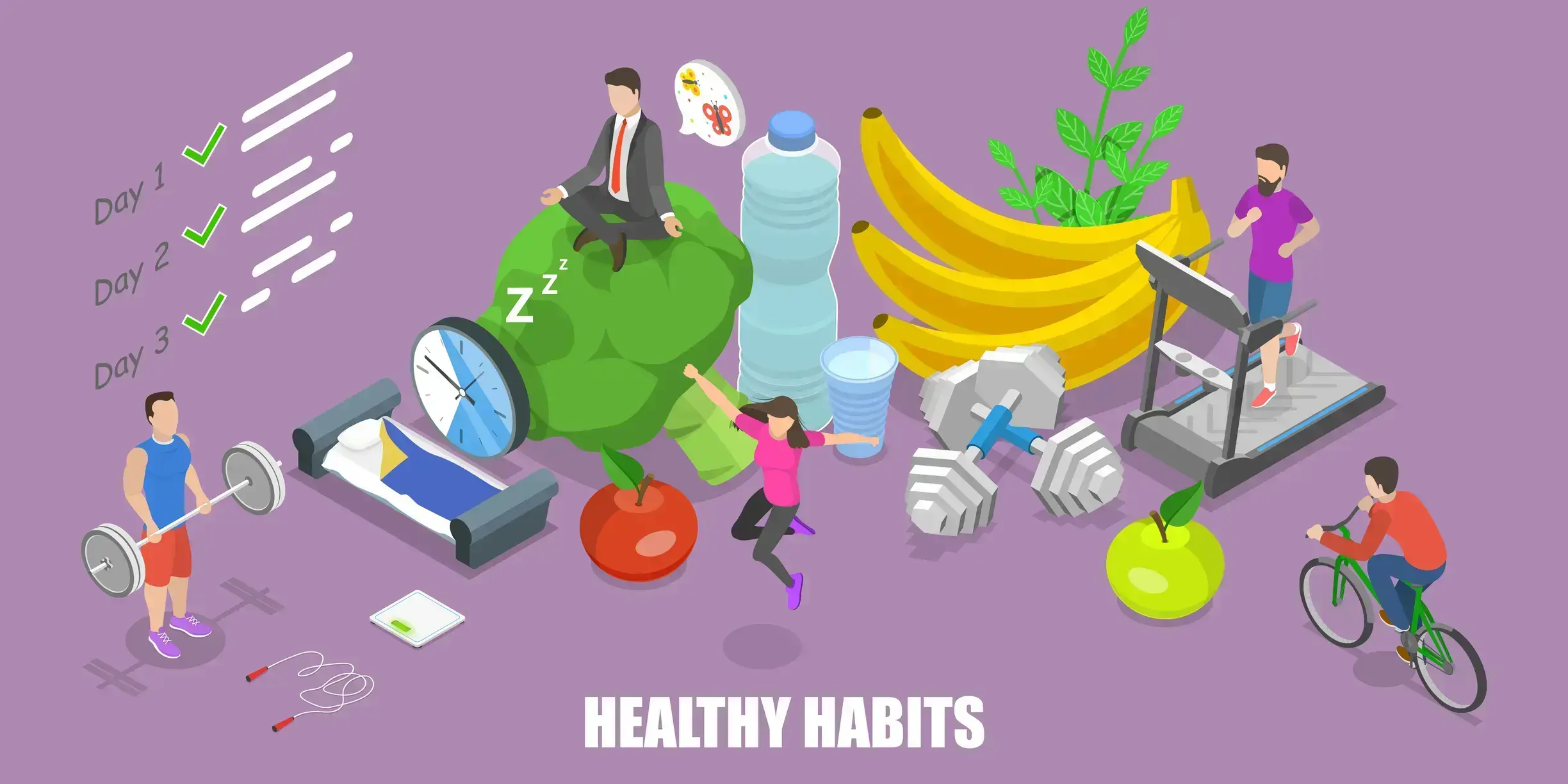Knowing the factors that increase the risk of Alzheimer’s disease can help healthcare providers identify patients at risk and develop prevention strategies to lower the risk. Examples of such interventions, which include nutrition, exercise, sleep hygiene, and social strategies, were discussed at a satellite symposium at EAN 2021 chaired by Professor Miia Kivipelto, Stockhom, Sweden.
알츠하이머병의 위험을 증가시키는 요인을 아는 것은 의료인들이 위험에 처한 환자를 식별하고 위험을 낮추기 위한 예방 전략을 개발하는 데 도움이 될 수 있다. 영양, 운동, 수면 위생 및 사회적 전략을 포함하는 그러한 중재의 예는 스웨덴 스톡홀름의 미아 키비펠토(Miia Kivipelto) 교수가 좌장을 맡은 EAN 2021 위성 심포지엄에서 논의되었다.
What is brain health?
뇌 건강은 무엇인가요?
Maintaining brain health means addressing the factors that increase the risk of Alzheimer’s disease
뇌 건강을 유지한다는 것은 알츠하이머병의 위험을 증가시키는 요인을 해결하는 것을 의미한다
Brain health is a concept encompassing neural development, plasticity, functioning, and recovery throughout life. Numerous social and biologic determinants play a role in brain development and brain health from pre-conception through to the end of life.1
뇌 건강은 평생 동안의 신경 발달, 가소성, 기능 및 회복을 포괄하는 개념이다. 수많은 사회적 및 생물학적 결정 요인이 생명의 탄생 전부터 생명의 끝까지의 뇌 발달과 뇌 건강에 중요한 역할을 한다.1
Professor Kivipelto explained that these determinants include the many potentially modifiable factors that increase the risk for Alzheimer’s disease (AD) including the following:2
키비펠토 (Kivipelto) 교수는 이러한 결정 요인에는 다음을 포함하여 알츠하이머병(AD)의 위험을 증가시키는 잠재적으로 수정가능한 요인이 포함된다고 설명했다.2
- Physical health factors—diabetes, midlife hypertension, hearing loss, traumatic brain injury
-
신체적 건강 요인 - 당뇨병, 중년 고혈압, 난청, 외상성 뇌 손상
- Mental health factors—depression
-
정신 건강 요인 - 우울증
- Lifestyle factors—physical inactivity, midlife obesity, smoking, high alcohol consumption, sleep disturbances3
- 생활 습관 요인 - 신체 활동 부족, 중년 비만, 흡연, 높은 알코올 섭취, 수면 장애3
- Social factors—poor education, social isolation
-
사회적 요인 - 열악한 교육, 사회적 고립
- Environmental factors—air pollution
-
환경 요인 - 대기 오염
It has been estimated that modifying these risk factors might prevent or delay up to 40% of dementias.2
이러한 위험 요소를 경감시키면 치매의 최대 40%를 예방하거나 지연시킬 수 있는 것으로 추정되고 있다.2
Interventions to improve brain health
뇌 건강을 향상시키기 위한 중재
FINGER addresses nutrition, exercise, cognitive training, social activities, and vascular risk monitoring
핑거(FINGER)는 영양, 운동, 인지 훈련, 사회 활동 및 혈관 위험 모니터링을 다루고 있다
Early public health interventions that address the factors increasing the risk of AD may lower the risk or slow the progression of the disease, said Professor Kivipelto.
키비펠토(Kivipelto) 교수는 알츠하이머병의 위험을 증가시키는 요인을 다루는 조기 공공 의료 중재(조치)는 질환의 위험을 낮추거나 진행을 늦출 수 있다고 말했다.
The Finnish Geriatric Intervention Study to Prevent Cognitive Impairment and Disability (FINGER) is an example of such an intervention targeting nutrition, exercise, cognitive training, social activities, and vascular risk monitoring.
인지 장애 및 장애를 예방하기 위한 핀란드 노인 중재 연구(FINGER)는 영양, 운동, 인지 훈련, 사회 활동 및 혈관 위험 모니터링을 대상으로 하는 중재의 한 예이다.
Results from a randomized controlled trial of FINGER suggested that it could improve or maintain cognitive functioning in at-risk elderly people from the general population.4
핑거(FINGER)의 무작위 대조 시험의 결과는 일반인으로부터 위험에 처한 노인의 인지 기능을 개선하거나 유지할 수 있음을 시사했다.4
As a result, World-Wide FINGERS (WW-FINGERS) was launched in 2017 in over 25 countries as the first global network of multidomain lifestyle intervention trials for dementia risk reduction and prevention, said Professor Kivipelto. It aims to adapt, test, and optimize the FINGER model to reduce risk across the spectrum of cognitive decline.5
결과적으로, 월드 와이드 핑거스(WW-FINGERS)는 치매 위험 감소 및 예방을 위한 다중 영역 생활 방식 중재 임상 시험의 최초 글로벌 네트워크로서 25개국 이상에서 2017년에 출범했다고 키비펠토(Kivipelto) 교수가 말했다. 인지 기능 저하의 스펙트럼 전반에 걸쳐 위험을 줄일 수 있도록 핑거(FINGER) 모델을 조정, 테스트 그리고 최적화하는 것을 목표로 한다.5
Unhealthy sleep patterns are linked to beta-amyloid accumulation
건강하지 못한 수면 패턴은 베타-아밀로이드 축적과 관련이 있다
A bidirectional relationship between Alzheimer’s disease and poor sleep
알츠하이머병과 수면 부족 사이의 양방향 관계
Impaired sleep is prevalent in patients with AD,3 and less efficient sleep and more naps correlate to increased beta-amyloid accumulation.6 Sleep hygiene strategies are therefore a further intervention (in addition to those of FINGER) to lower the risk of development and progression of AD.
수면 장애는 알츠하이머병 환자에서 만연하고,3 덜 효율적인 수면과 더 많은 낮잠은 베타-아밀로이드 축적의 증가와 상관 관계가 있다.6 따라서 수면 위생 전략은 알츠하이머병의 발달 및 진행 위험을 낮추기 위한 추가 중재(FINGER 전략에 추가)이다.
This satellite symposium was sponsored by F. Hoffman-La Roche Ltd.
이 위성 심포지엄은 F. 호프만-라 로슈사(F. Hoffman-La Roche Ltd.)가 후원했다.
Our correspondent’s highlights from the symposium are meant as a fair representation of the scientific content presented. The views and opinions expressed on this page do not necessarily reflect those of Lundbeck.




